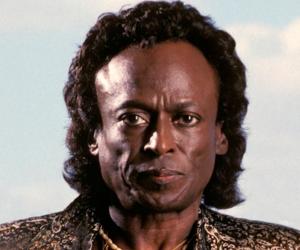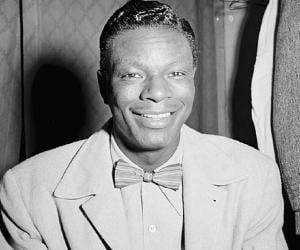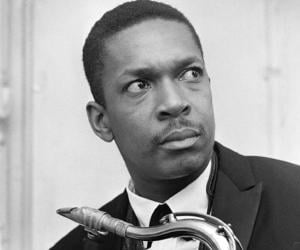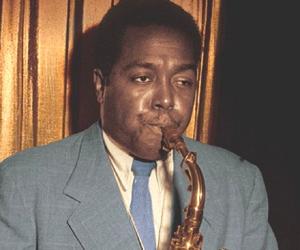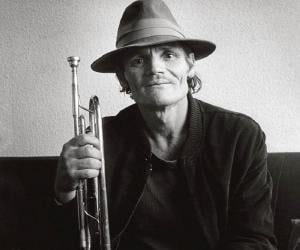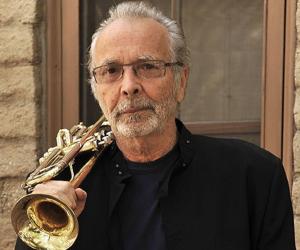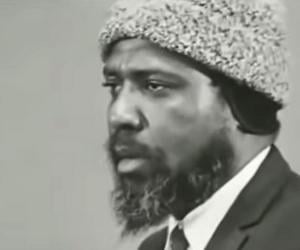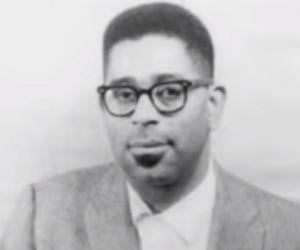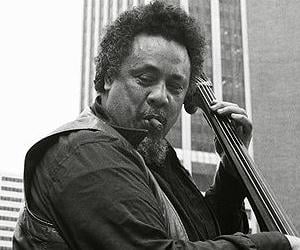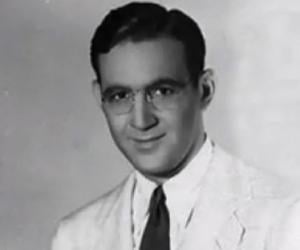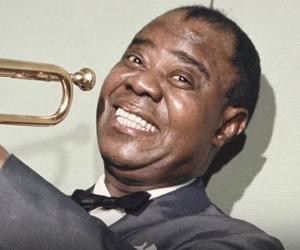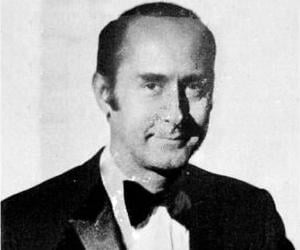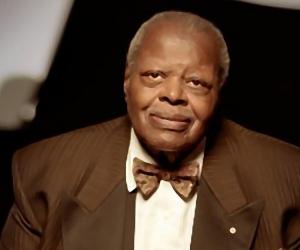English drummer, Charlie Watts, was best known as a member of the band Rolling Stones. He was associated with the group for almost 60 years. He began his career as a graphic designer for an advertising company and played with bands in his leisure time. He eventually started drumming full time with Rolling Stones.
Charlie Parker was an American composer and jazz saxophonist. A highly influential soloist, Parker played a significant role in the development of a form of jazz called bebop. He is also credited with introducing harmonic ideas into jazz, such as chord substitutions and rapid passing chords. His contribution to jazz and bebop made him an icon of the hipster subculture.
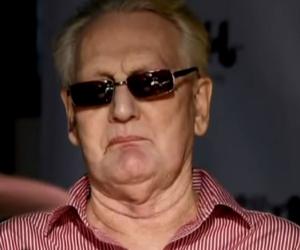
Chet Baker was an American vocalist and jazz trumpeter. He achieved recognition during the 1950s and his innovations within cool jazz, a style of modern jazz music, earned him the nickname prince of cool. However, his drug addiction overshadowed much of his professional achievements. His life and work inspired the 2015 drama film Born to Be Blue.



Thelonious Monk was an American jazz pianist and composer who was noted for his unorthodox approach and idiosyncrasy during his performance. Mentored by Mary Lou Williams, Thelonious Monk contributed to bebop and was associated with Columbia and Riverside labels. His run-in with the police affected his performance after his New York City Cabaret Card was confiscated following the discovery of narcotics in a car.

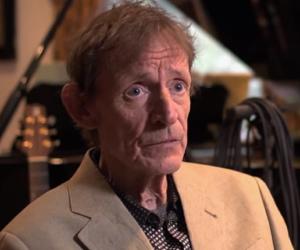
Legendary Scottish singer-songwriter, bassist, and composer Jack Bruce gained international fame with the British rock band Cream and released iconic tracks such as I Feel Free. He also performed as part of the jazz fusion group the Tony Williams Lifetime. In 2006, he received the Grammy Lifetime Achievement Award.
Jazz trumpeter, bandleader, and singer Dizzy Gillespie developed the virtuoso style of Roy Eldridge, modifying it with innovative harmony and rhythm. He popularized the bebop style of music and was famous for his signature horn-rimmed spectacles. His contribution to modern jazz earned him the title of the Ambassador of Jazz.

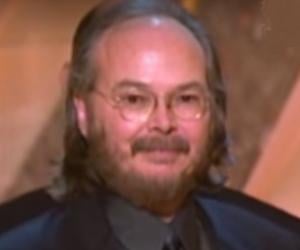
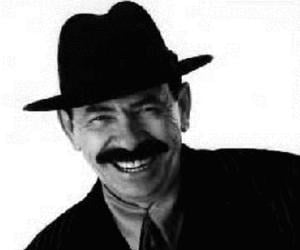
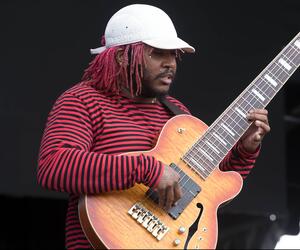
Louis Armstrong was an American trumpeter and singer who played an important role in the development of jazz. Thanks to his playing, trumpet became known as a solo instrument and jazz, which was previously known as a collectively improvised folk music, became a soloist's art form. Not surprisingly, Louis Armstrong is widely accepted as the embodiment of jazz.
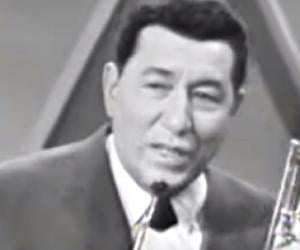

Jonathan Cain is a singer-songwriter and musician. He is a keyboardist for the rock band Journey. Interested in music from a young age, he attended the Chicago Conservatory of Music. He began his professional music career in the mid-1970s and played with numerous bands before joining Journey. He is also a solo artist and owns a recording studio.
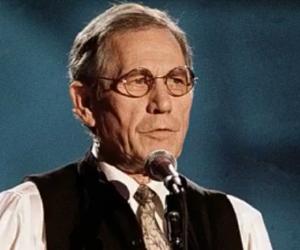

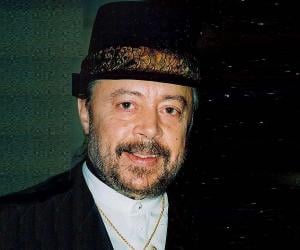
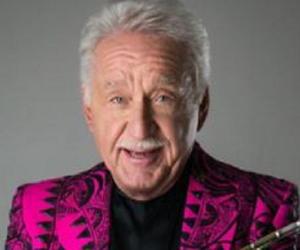

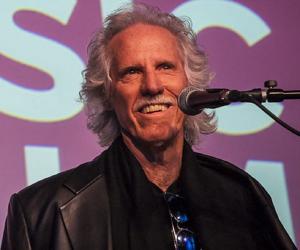
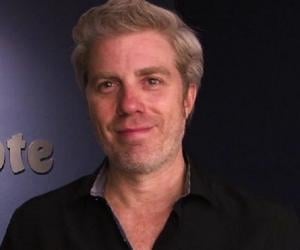
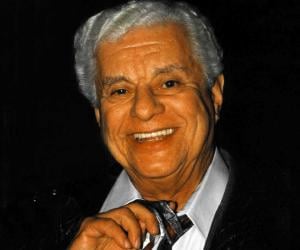

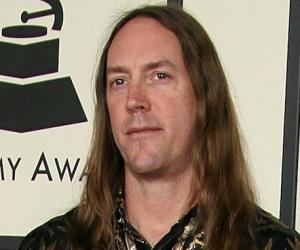


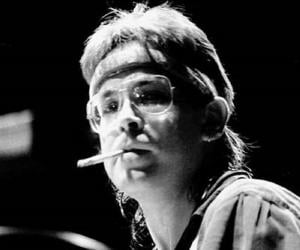
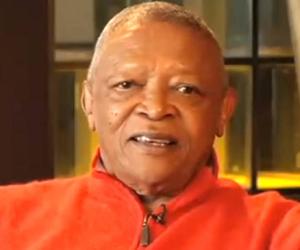
A pioneer of South African jazz, instrumentalist Hugh Masekela excelled in the trumpet and introduced South African music to countries such as the U.S. He was also a vocal anti-apartheid activist, played for the Jazz Epistles, and was known for his iconic albums such as Hope and Johannesburg.
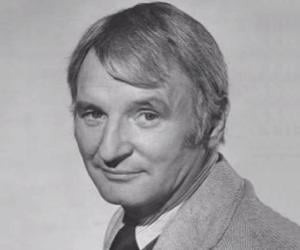

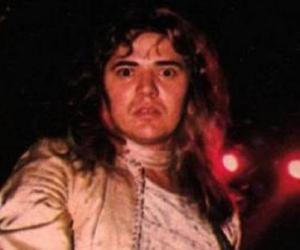


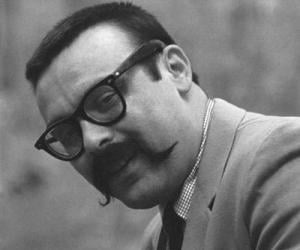
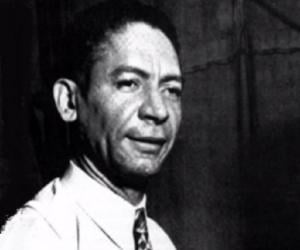

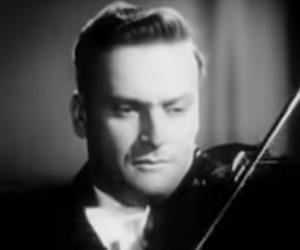
Grammy Award-winning legendary 20th-century violinist Yehudi Menuhin was born to Lithuanian Jews in the US. Starting his training in the violin at age 4, he later studied music in Paris. He also experimented with fusion, collaborating with jazz and Indian classical musicians. He later launched the Yehudi Menuhin School.
